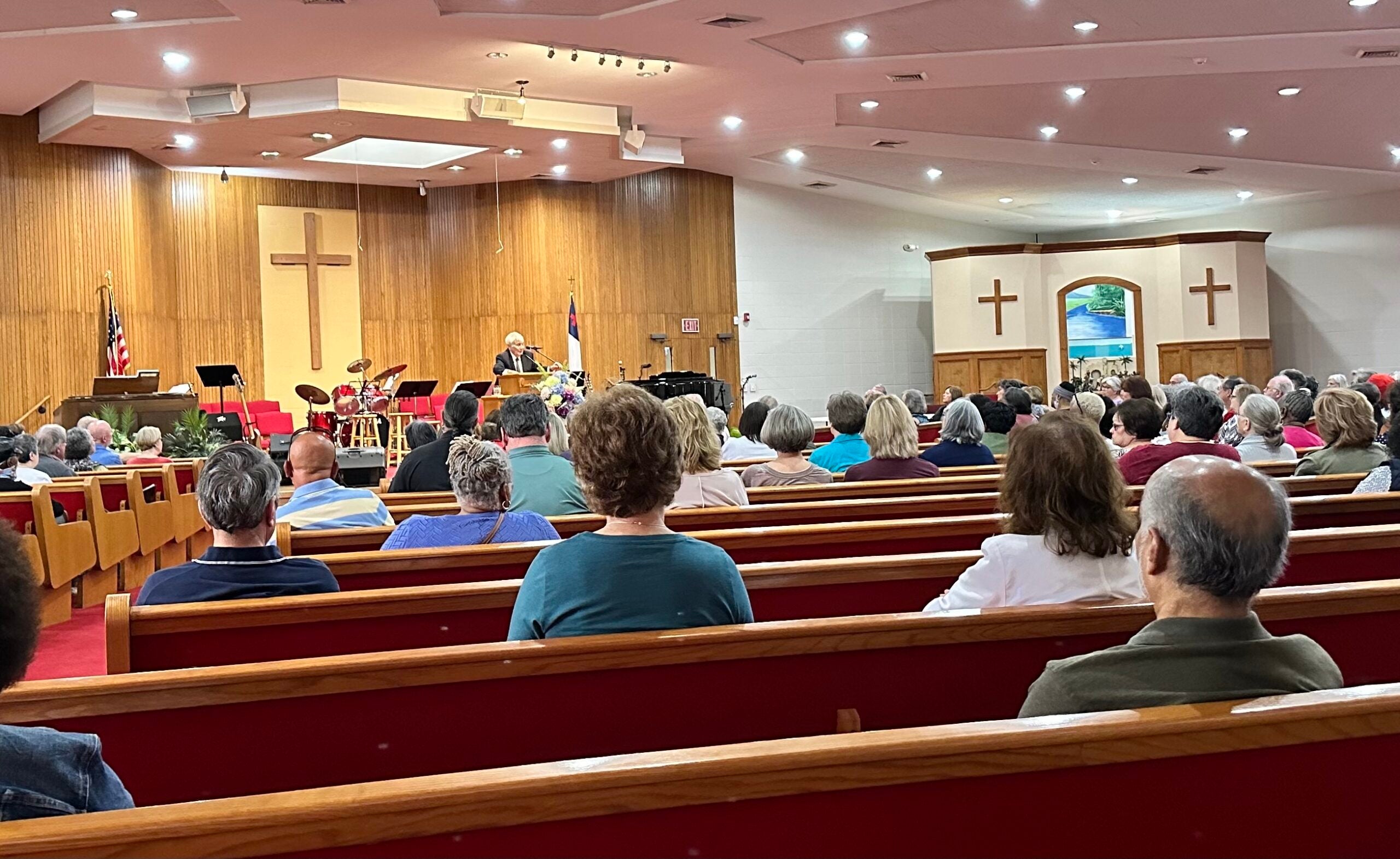The lawsuit filed by 174 University Hospital retirees over the potential loss of a job perk has been removed, again, to U.S. District Court.
Undaunted, attorneys for the retirees are again trying to reel it back to a local court. They contend the same reasons it belongs there still apply, and that the hospital’s claim they raised a new issue was something it knew all along.
In 2022 as University Health Services was preparing to merge with Piedmont Healthcare, it sent the group of retirees a troubling message. A perk they were counting on – the hospital paying for a Medicare supplement plan for them, for life – might not continue.
The promised plan had appeared on hospital literature for years. Anyone hired prior to 2005 who worked 30 continuous years would get the supplement when they turned 65 for the rest of their lives.
The retirees filed suit last year in Richmond County Superior Court for breach of contract, seeking a declaratory judgment forbidding Piedmont from ending the plan.
Piedmont fired back that because they hadn’t stopped paying for the plan, no controversy existed for the court to decide, and that if any promises were made, they were unenforceable.
The hospital argued that what they’d been paying for actually fell under the federal Employee Retirement Income Security Act of 1974, or ERISA, requiring the lawsuit be decided and ultimately dismissed in the federal court.
In December, Chief U.S. District Judge for the Southern District J. Randal Hall denied Piedmont’s motion to dismiss and remanded the case back to superior court. He said under federal procedures no controversy yet existed because Piedmont was still paying the benefit, and did not address the other claims.
Back in superior court, Piedmont argued earlier this month a new fact the plaintiffs said the hospital already knew.
This was that retiree and former hospital CFO Robert Taylor’s claim in an affidavit Piedmont was telling some retirees to sign up for a Medicare Advantage plan raised a new question of it again being an ERISA plan, which must be decided in federal court.
The plaintiffs, represented by Jack Long and Thomas Tucker, responded Thursday with another motion to remand to superior court.
That Piedmont is telling employees to sign up for Medicare Advantage, which limits them to network providers, does not make the existing promise an ERISA plan, it said.
The plaintiffs continue to maintain that ERISA doesn’t apply to government-sponsored plans, which they argue it is, by virtue of the Richmond County Hospital Authority owning all hospital assets and leasing them to Piedmont. Under state law, the authority maintains control of the assets and is subject to the Georgia Open Records Act.
The eligible retirees had relied on the hospital’s promise of a “hidden paycheck” in the benefit and stayed on with University for 30 years, it said. University paid the benefit from its general assets, not a separate fund needed for an ERISA plan.
After ending an earlier defined benefit plan, the hospital made matching contributions to a 403(b) plan, which is the only option for a government entity. It has paid for capital projects by issuing revenue anticipation certificates through the hospital authority.
Susan McCord is a staff writer with The Augusta Press. Reach her at susan@theaugustapress.com










